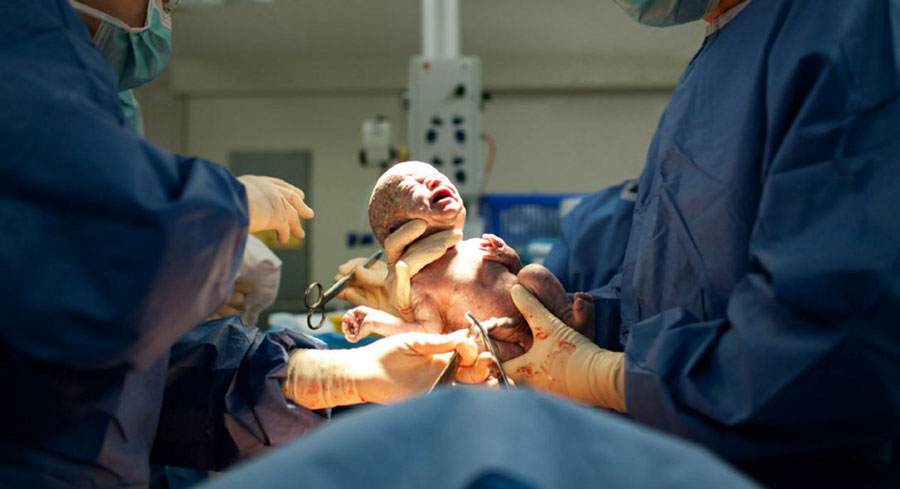United Kingdom – The Newcastle University has received the license from the Human Fertilisation and Embryology Authority (HFEA) to create babies from the DNA of three people.
The method is known as a mitochondrial donation in-vitro fertilization (IVF), commonly known as the “three-parent baby” technique. The objective of this idea is to prevent parents from passing on genetic diseases to their children.
In the procedure, scientists use the mother’s egg, but they remove the nuclear DNA from it. Then, they insert the nuclear DNA into a donor egg, and that cell is fertilized using IVF techniques.

Preventing mitochondrial diseases
According to the United Mitochondrial Disease Foundation, mitochondrial diseases are the result of failures in the mitochondria. These specialized compartments present in every cell of the body are responsible for creating more than 90% of the energy needed by the body to sustain life.
Mitochondria are only passed down from mothers. This kind of disease affects around 3,000 women in the United Kingdom, and this new technique represents a new hope for these women.
“This will allow women with mitochondrial DNA mutations the opportunity for more reproductive choice. Mitochondrial diseases can be devastating for families affected and this is a momentous day for patients who have tirelessly campaigned for this decision,” said Doug Turnbull, head of the Newcastle Wellcome Centre for Mitochondrial Research, according to Buzzfeed.
The world’s first three-parent baby is already here
The first child born applying this method came to the world in 2106. The little boy was born in Mexico, but all the process took place in the United States.
In that opportunity, the baby’s mother carried genes for Leigh syndrome. Since those genes reside in the mitochondria, the technique worked correctly, and the baby was born without any mitochondrial disease.
Later, in January, a baby girl was born in Kiev using the same method. In this case, the couple was infertile.
Doctors used IVF to fertilize the mother’s egg with the father’s sperm, and they transferred the combined genes into another egg from a second woman. So, the result was a baby genetically identical to her parents, but with a tiny amount of DNA from the donor woman.
In the United Kingdom, according to the researchers from Newcastle University, the first three-parent baby could be born late this year or in 2018.
The Britain fertility regulator said that the license only allows the University to perform the techniques, but not to use it for in patients.
To use this method the clinic must receive an approbation, and this approbation would be the result of an individual patient application. So, each woman that wants to undergo the process can apply, and after being approved, the process could start.
Source: The Sun
